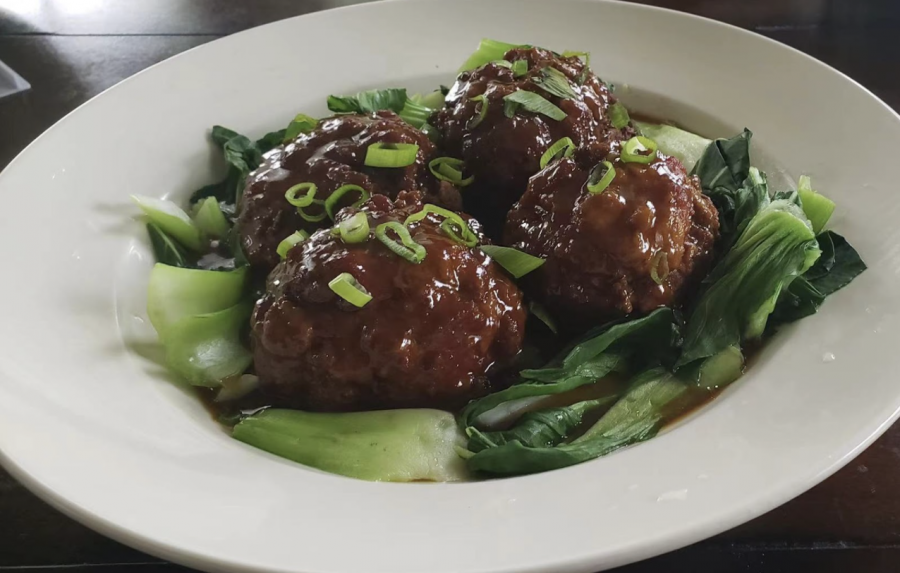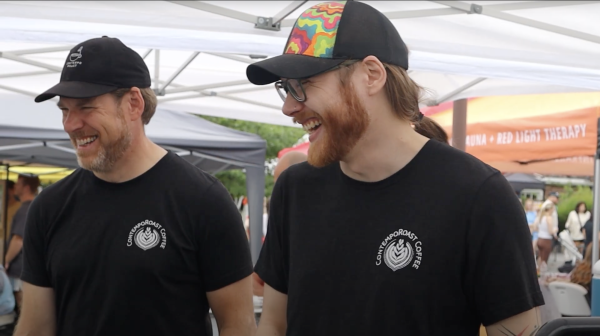Chinese Thanksgiving dish
Holidays and the Sixi Meatball
Everyone has stereotypical holiday foods, like ham and green bean casserole. Hongle Chen (11) lives in a Chinese immigrant family with completely different traditions. This is the fifth year they have been living in America, they are still trying to adapt to American culture. Chen decided to cook for his family this Thanksgiving in order to thank his parents for being so great in the past 17 years.
“It was a great opportunity to make dinner for my whole family. I don’t usually cook, but I think I did great this time,” Chen said. “I choose to make the Sixi Meatballs. It is a traditional Chinese food. My mom taught me how to do this, it was a great time. You may have never heard of it, but it is good.”
There are divergent opinions on the origin of Sixi balls. It is said that the origin of Sixi balls is closely related to Empress Dowager Cixi. In 1901, the Eight-Power Allied Forces invaded China, burning, killing, and looting miscellaneous goods. Empress Dowager Cixi fled to Xi’an. Under the instruction of the Empress Dowager Cixi, the Qing Dynasty and the Eight-Power Allied Forces signed the “XinChou Treaty”, which humiliated the country, and the Empress Dowager Cixi who fled to Xi’an decided to return to Beijing. It was originally a shame to flee, but Empress Dowager Cixi insisted on setting up the color shed, building roads, collecting grain and money. The people complained, but they dared not speak up. When she passed through Henan, she decided to taste the local specialties. The local chef presented a “Four Season Meatballs”, which means perfection and compassion. Empress Dowager Cixi was very satisfied and changed the name to “Sixi Meatballs”. Which means to live in happiness, wealth, longevity, and joy.
“The reason I chose to make Sixi meatballs was that it was easy and my mom could help me. The best thing is that I could spend time with my family and have fun,” Chen said, “I still remember that my grandma used to cook years ago.”
The Spring Festival is the oldest and most solemn traditional festival in China. The Han people have celebrated the Spring Festival for a long time, generally starting on the eighth day of the twelfth lunar month (Jan. 20) and ending on the 15th day of the first lunar month (Feb. 6) and the Lantern Festival. During the Chinese New Year, “eating” tends to be the main activity of most people during the festival. The family sitting around the steaming dining table is full of joy and excitement. This can be regarded as the biggest feature of Chinese folk New Year.
Chen and his family have lived in America for five years. Last year, they were planning to go back to China to celebrate the Spring Festival. However, due to COVID-19, they have not gotten a chance to fly back. So, they have decided to use this to their advantage, and integrate their own culture into their celebrations in America.







